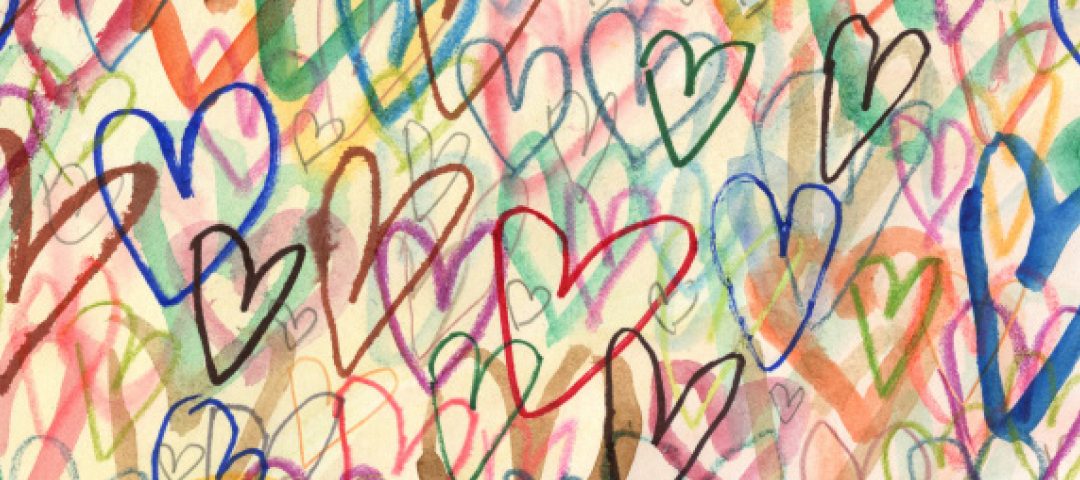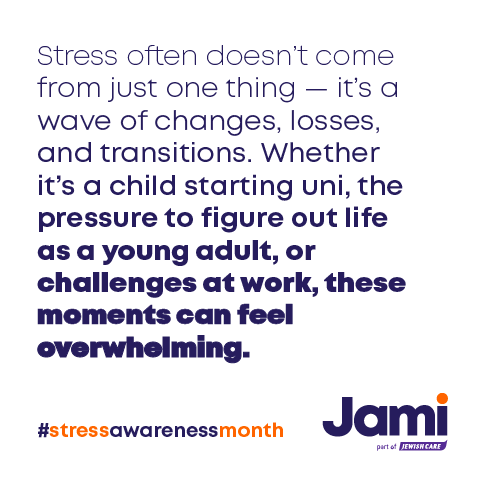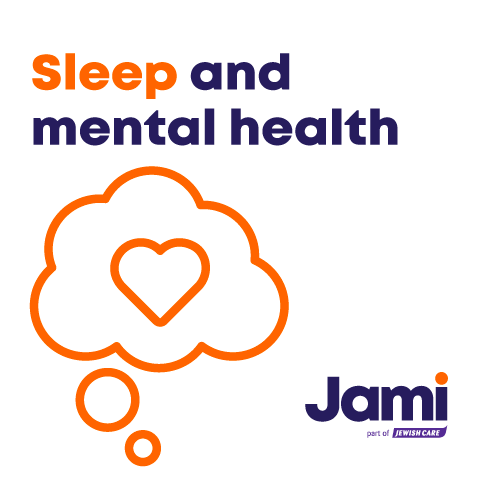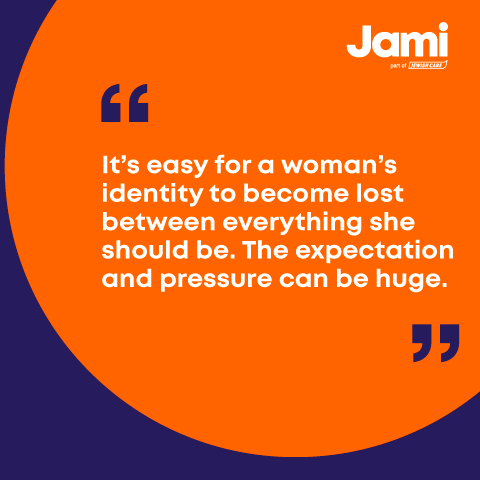
Why Self-Care is Essential to Avoid Burnout
Stress. Exhaustion. Guilt. Feelings that are probably more familiar to more of us now than they’ve ever been. It’s almost impossible to overstate how challenging the pandemic has been, and that’s as true for parents and carers as it is for anyone.
For adults looking after children, keeping them happy, healthy and entertained – and home-schooled – during what feels like never-ending lockdowns, when our own routines are so completely disrupted, increases the burden on parents and carers to the point where it can feel overwhelming.
Perhaps the pressure of feeling like we have to excel in all our many roles feels too much. Society tells us that we can, and actually we must, be the perfect parent, while reaching new heights in our career, keeping the passion alive with our partner, looking after the house and keeping ourselves in the peak of physical health. Even if we know on some level that this is unrealistic, when we feel like we’re not doing it all, the weight of guilt and shame can feel suffocating.
When those feelings of guilt take root and we already feel stressed and overwhelmed, that can lead to burnout. Maybe you associate burnout more with doctors or bankers working 70-hour weeks, but burnout can happen to anyone doing a role they’re dedicated to, and that includes taking care of children and other in our family.
So what does burnout look like for parents and carers? It is different for everyone but commonly includes withdrawing from others, lacking energy or enthusiasm and feelings of resentment, irritability or hopelessness. If burnout becomes severe it can be immobilising, leaving us feeling trapped with thoughts of worthlessness and self-loathing, completely isolated from the people around us because we don’t feel we deserve their friendship, love or support.
If you can identify with these signs of burnout, whether that’s the earlier stages of stress and fatigue that won’t go away or if you’re deeper into burnout, the first and most important thing to know is: you are not alone. Many of us have experienced burnout or are going through it right now. The guilt and shame that drive burnout feed on us feeling like we’re the only one who is going through this, the only who is failing, the only one who can’t do it. But in reality, those feelings are incredibly common, especially right now.
We often set unfair expectations of ourselves and then feel guilty for not being able to meet them, particularly during the most stressful year we’ve ever known. So offer yourself some compassion if you feel you’re not an inspirational teacher, not spending enough time with your family, or not having enough moments worthy of sharing on social media.
Sometimes we say things to ourselves that are so harsh that we wouldn’t allow anyone else to say them to us, and we accept them as if they’re true. Instead, try to imagine what you would say to a close friend who came to you with the same feelings and challenges you’re facing. Would you see someone failing? Or would you see someone doing their best in an incredibly difficult time?
Adding some kindness to your internal monologue is fundamental to self-care, and in turn self-care is necessary for you to be able to care for others. You cannot pour from an empty cup, so find ways to nourish yourself so you can keep on giving to your family. What that looks like will be different for everyone, it could be a walk in nature, time with a book, meditation, a favourite snack or drink, or something else. We might have been taught that these acts are selfish but that could not be further from the truth. Doing something nurturing for ourselves helps us avoid burnout, makes us happier and healthier, and ultimately means we are far more able to be who we want to be for our families.
Finally, connect with others, especially others in a similar position to you. If you can find the courage to be vulnerable and share what you’re finding difficult, chances are it will give others the chance to share as well and to also feel less alone. For all its flaws, there is an important place for social media at this time when we can’t see each other face-to-face. It can be a powerful tool for connecting with people we share experiences with, old friends or new. And you can always reach out to Jami, we’re here to help.
For free, safe and confidential online counselling and emotional wellbeing services for adults, contact Jami Qwell at https://www.qwell.io/jami or for students visit https://student.kooth.com/jami


